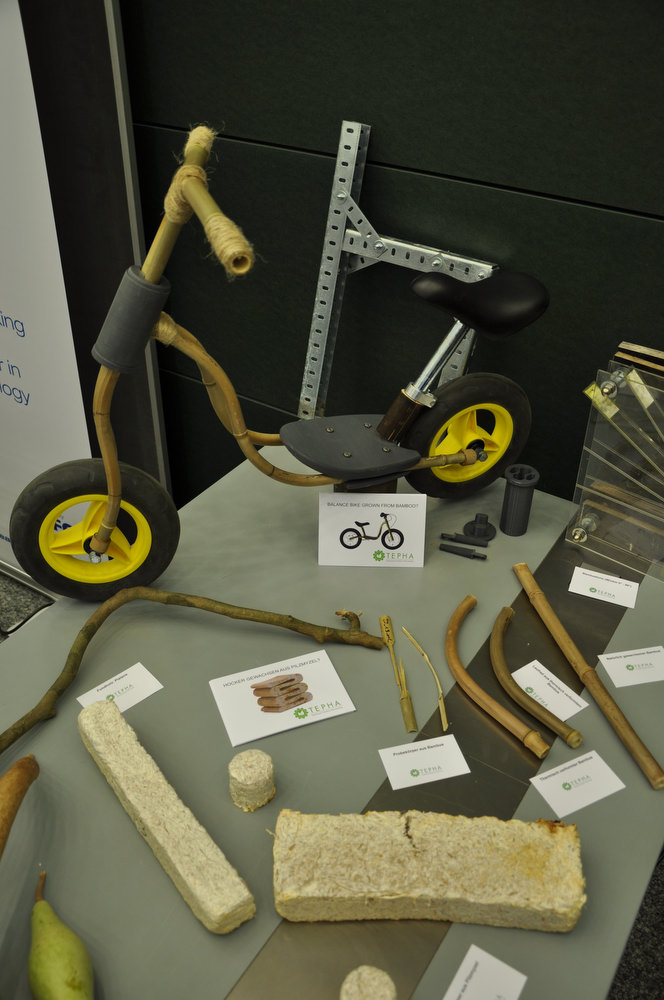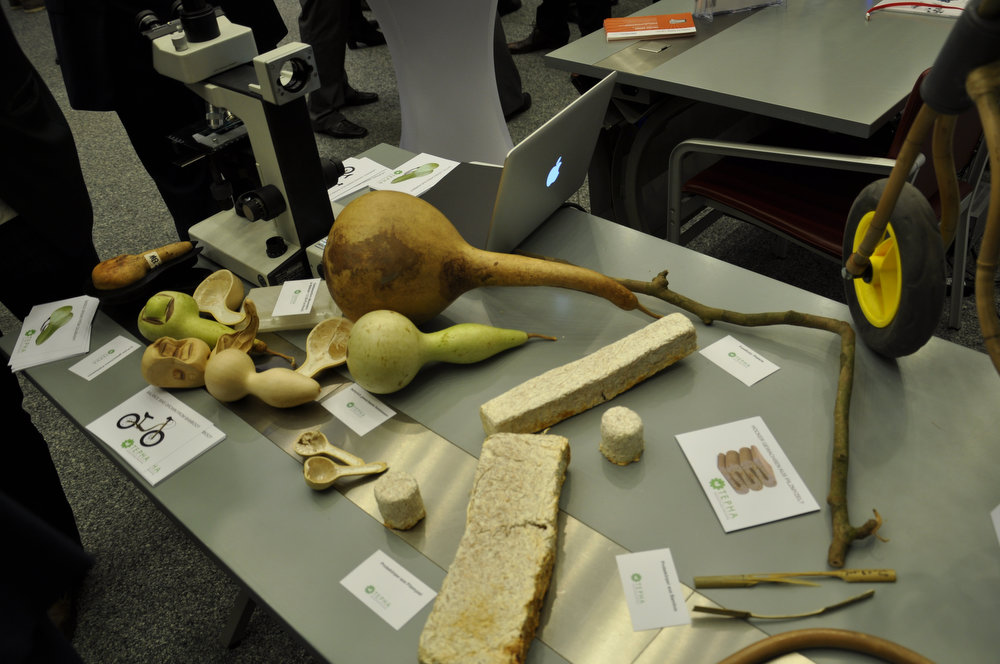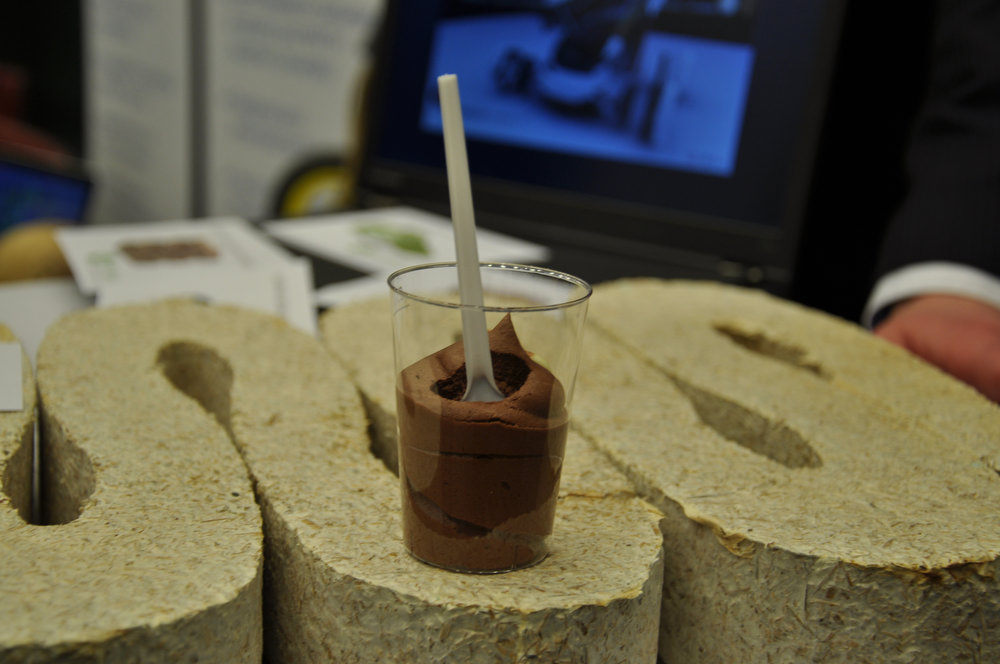THE USADEL LAB
Cell walls, metabolism and bioinformatics
Home
TEPHA
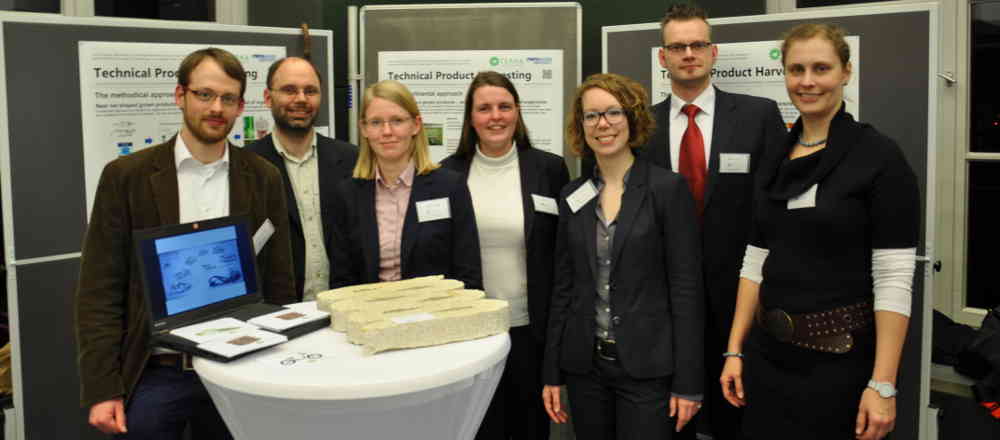
Category: General | Date: Feb 15, 2016 | Author: Alexandra Wormit
On the 29th of January 2016 we presented our boost-fund project „Technical product harvesting“ (TEPHA) in the scope of RWTH transparent.
The rector and the chancellor of the RWTH invited representatives from politics and business, and university staff for a review of the last year and celebration of several awards. Not only actual trends of the business figures of the RWTH were presented but also excellent projects in the field of gender balance and new innovations were honored (see also here). Furthermore Prof. Max Kerner received the „von-Kaven-Ring“ for his long standing commitment for the RWTH (see also here).
After the speeches and awards ceremony, innovative projects funded by exploratory research space (ERS) presented their work in an exhibition with posters and demonstrations and discussed their results with guests. We presented TEPHA, an interdisciplinary research project together with engineers (Institut für allgemeine Konstruktionstechnik des Maschinenbaus), architects (Institut für Tragkonstruktion) and bioecologists (Institut für Umweltforschung).
The focus of this project is the utilization of near net shape grown organisms as technical products. The properties of plants and fungi are systematically investigated to evaluate their potential for technical applications.
As proof-of-concept, bamboo and calabash are grown into almost rectangular shapes and analysed for their mechanical properties (e.g. tensile strength, pressure resistance). At the exhibition we could show first results of calabash fruits grown into the shape of a saddle and a balance bike made of thermal formed bamboo.
Additionally, growing the mycelium of a fungus into a given form and fortification of this structure is another approach of TEPHA. At the Institut für Tragkonstruktion a first study preparing a stool of mycelium was performed and the first result was shown on this evening.
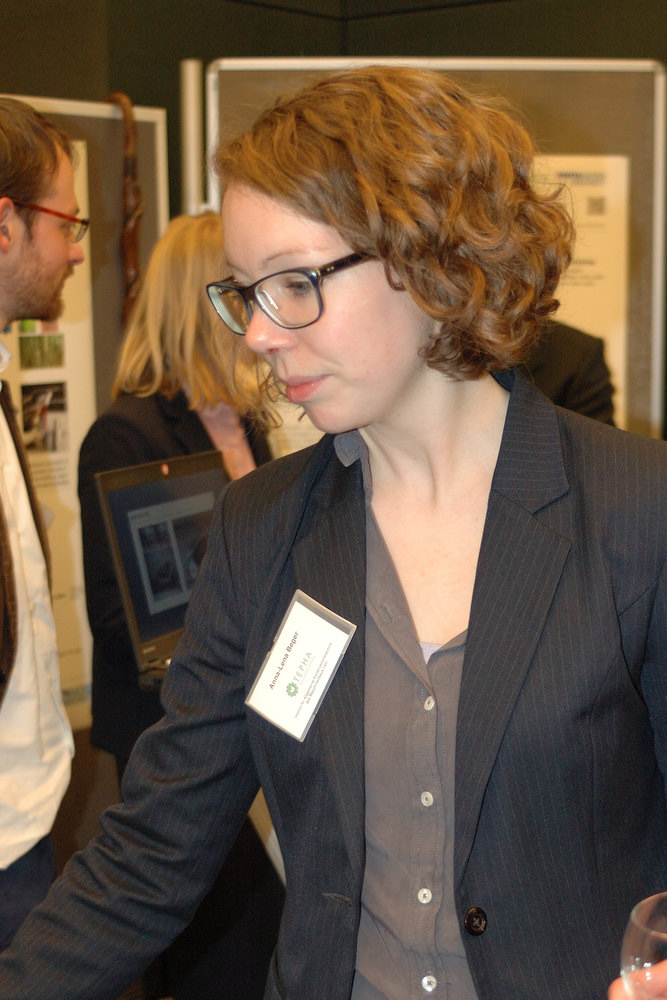
Among other guests our project team discussed the results with several professors of different disciplines from the RWTH. Also a range of scientists, staff members and interested students passed by and discussed different aspects during the exhibition. Over all this was a highly interesting evening with a bundle of new impressions (see also images below for some impressions).
Latest news:
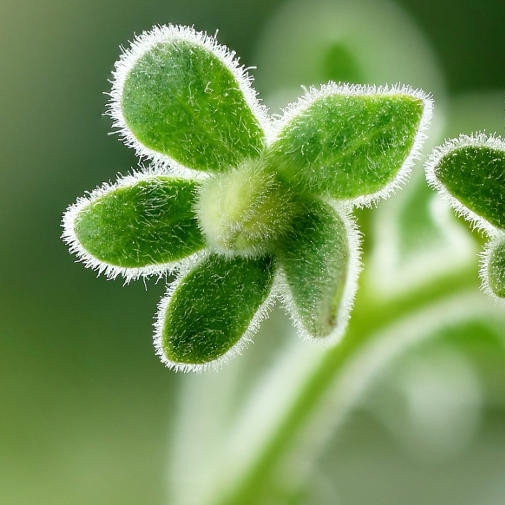
Sequencing the gigabase plant genome of the...
General | Dec 19, 2016
Here we present approximately 120 Gbases of nanopore sequencing data representing a...
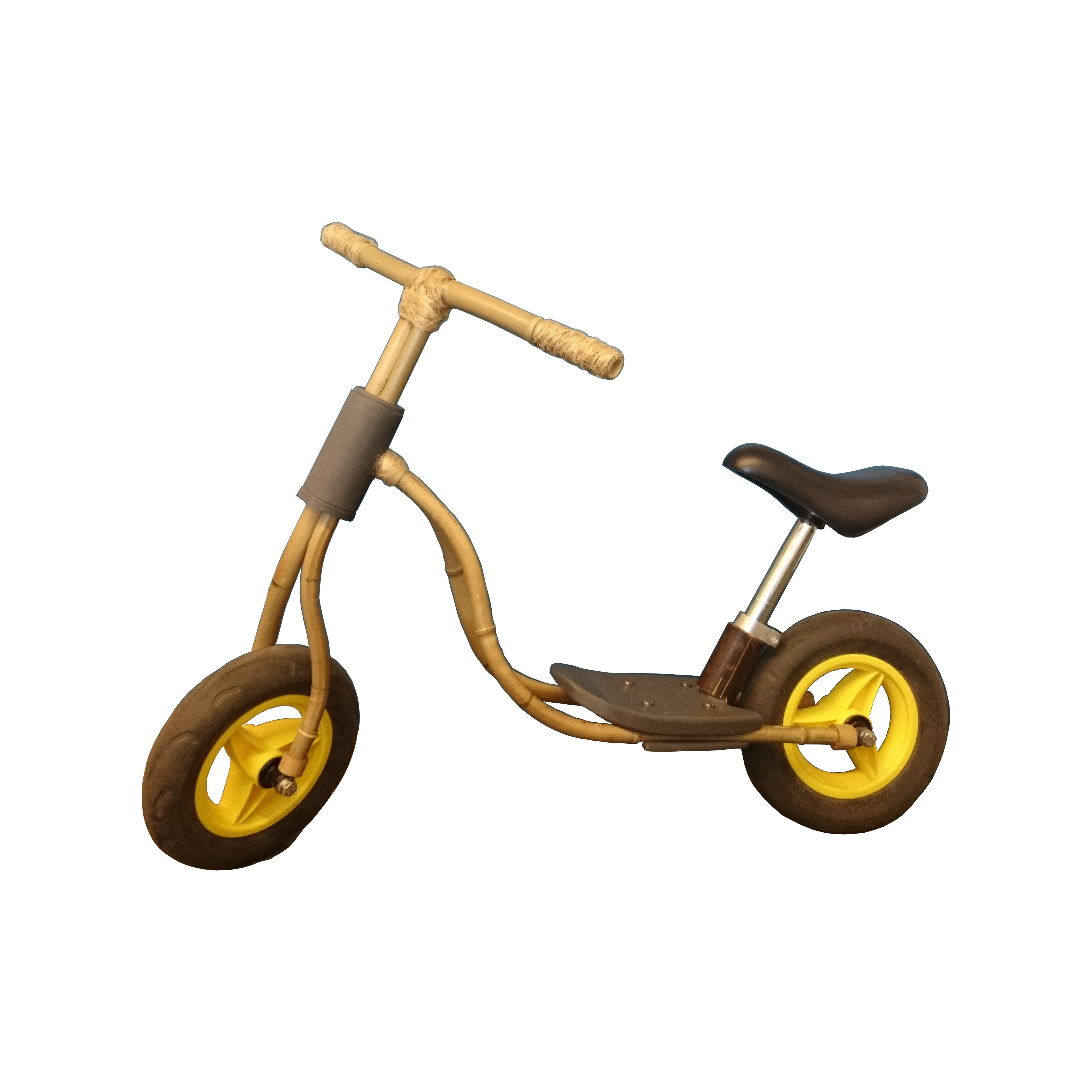
TEPHA@RWTH-Wissenschaftsnacht „5 vor 12“
General | Nov 2, 2016
We...
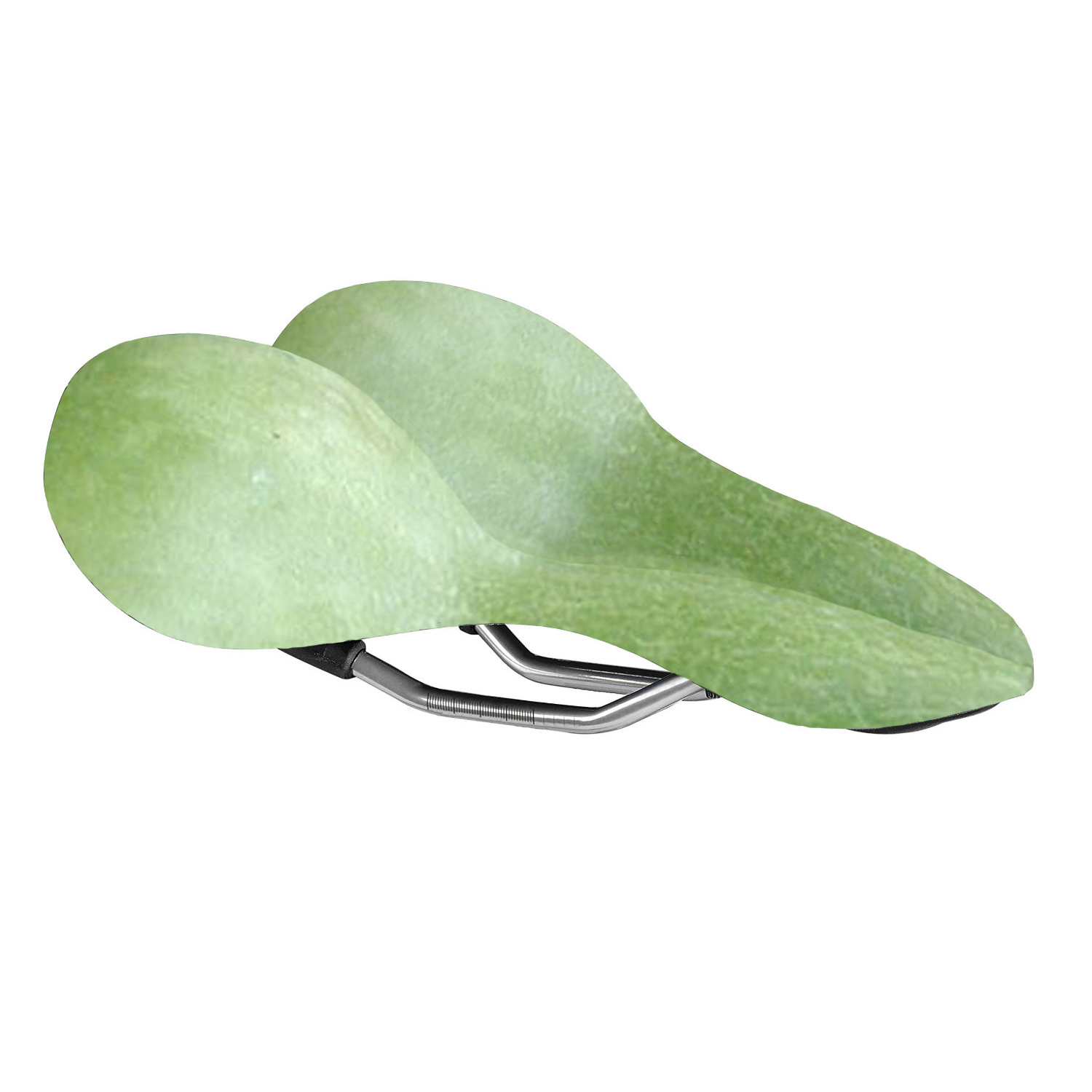
TEPHA@Aachener Zeitung
General | Nov 2, 2016
Last Saturday (22th of OCtober) our TEPHA project was presented in the Aachener...
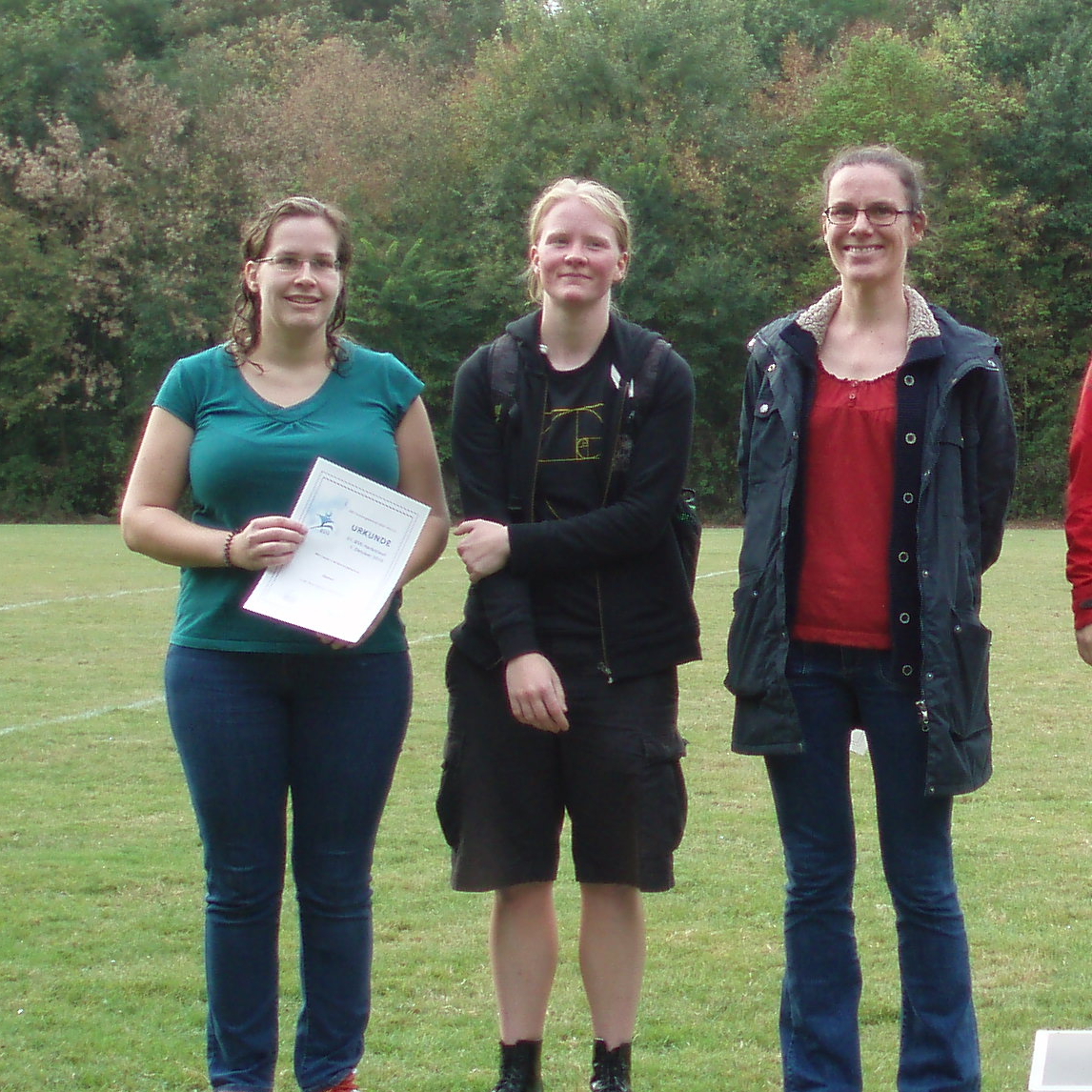
Usadellab@Herbstlauf
General | Oct 27, 2016
Congratulations to Marie, Janina and Laura, this was a great run!
